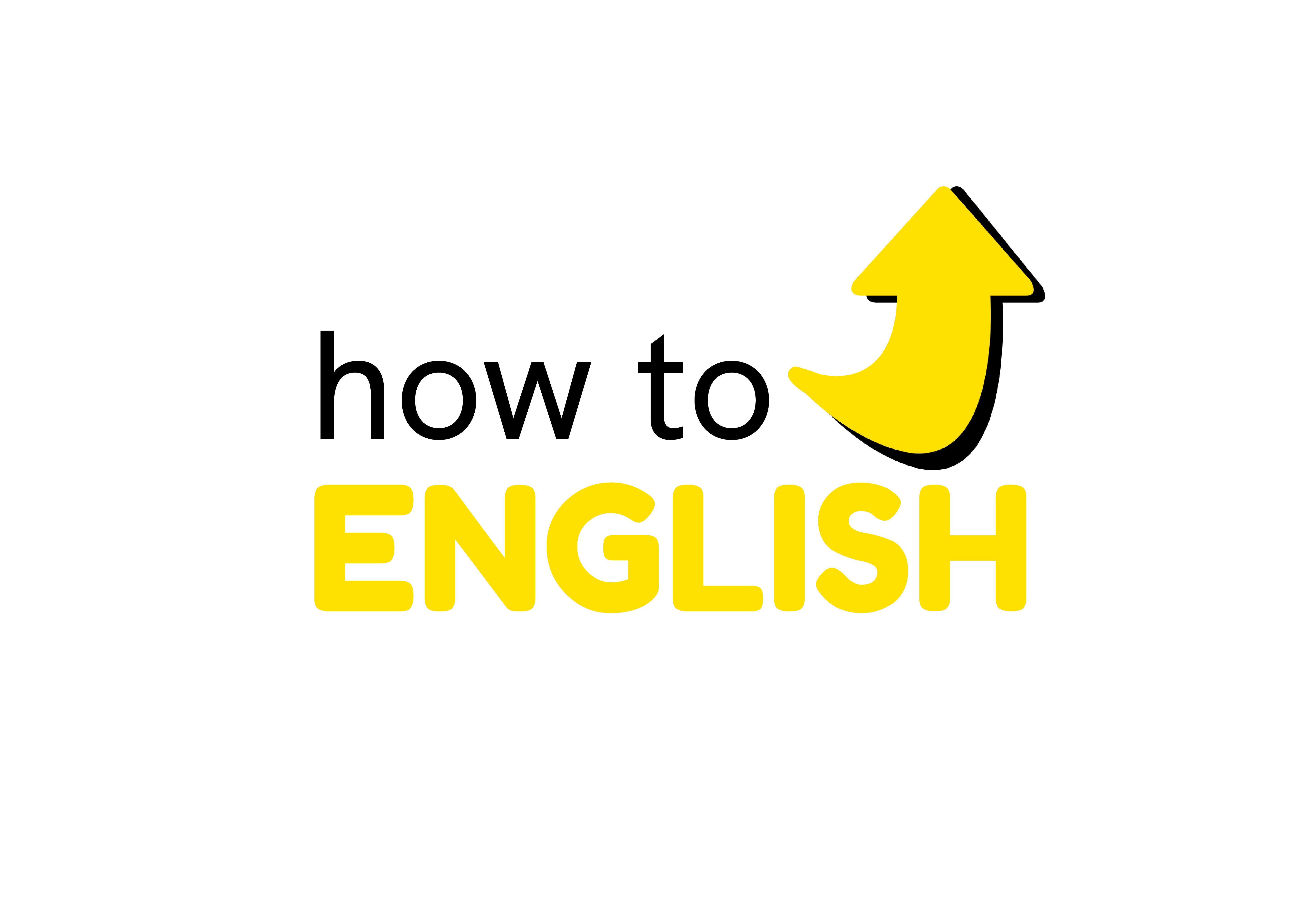Let’s get talking! Leave a comment on this post
There’s a scene in The Matrix that everyone remembers. No, not the one where the woman in black leather nails the guy in the face with that Matrix-style flying kick. The other one.
After weeks of training during which Keanu Reeves also gets repeatedly kicked in the face, he finally learns and understands the secret of The Matrix, and can see everything as it really is. He can see everything in its smallest parts and in its entirety, in all its detail, where before he saw nothing.
It’s the concept that everything is right in front of your eyes but for whatever reason, you can’t see it. Or that ignorance has stopped you from seeing something obvious.
This concept has become a bit cliché now as it’s been used in many films, books, poems, plays, even the bible. I was blind but now I see.
I always say the same about learning a language, particularly English. English, being as global as it is, is absolutely everywhere. With the right frame of mind, you can master the language without ever stepping foot in a language school or having a teacher.
If you approach everything in English with the frame of mind that is open and analytical of everything, you learn so much.
I always say, if you ask the question “Why?” enough times, you find the answer to almost everything.
The fact is we just let so much knowledge and new information slip by us without us ever noticing. It’s that 50% of verbal communication which goes in one ear and out the other, but has the result of you, the learner, not learning.
You need to turn on that Matrix switch in your head and start focussing.
I truly believe that standard English classes are only relevant at A0 and A1 levels.
I’m sure if you’re a B1 or above, you understand the majority of this post without needing to look many words up in the dictionary. However, here are some things to think about:
Have you learnt anything new while reading this post? Language-wise I mean…
Have you focussed on every word I’ve written?
Have you analysed the structure of the sentences?
Have you seen the multiple idioms I’ve used?
What about the tenses in each sentence and if there’s a difference between the tense in English and the tense in your own language?
How about the prepositions?
And I imagine you didn’t pay attention to the compound adjective and how I used it, did you?
You probably didn’t even realise that I changed the tense in the last question, and that it wouldn’t be correct in the present perfect. Why is that?
Linking words? The passive? Phrasal verbs? New vocabulary? The conditionals in the following sentences?
If you had read this post as I want you to read all my posts, you would have learnt lots of new things. If you then apply this way of thinking to all aspects of English, you’ll master the language. That simple.
Maybe you feel a bit lost right now. Don’t worry, browse through my posts, sign up to get them sent to you, and I’ll show you how to learn effectively.
Without ever kicking you in the face.[thrive_leads id=’1049′]

Great! Totally agree.
Just paying attention to the small details…
There’s so much material available nowadays that you really don’t need English classes to progress. It’s just exposing yourself to the language and stopping carefully in front of every word, sentence or grammar construction to think about how it works.
Hi Adam, what a great post! I totally agree.
I have been always waiting for this “seeing everything clear” as in Matrix, hoping that one day I would understand magically every word and idiom. But I must admit that it doesn’t happen this way, I need to continue looking carefully at the details…
Thank you for your time. I’ll try to give you some of mine.
Thanks María!
Just keep looking carefully at the details, and be patient. If you compare learning a language to running, then learning a language is a marathon, not a sprint. The rewards, however, are far greater in a marathon. As long as you enjoy the run, you’ll keep making progress!